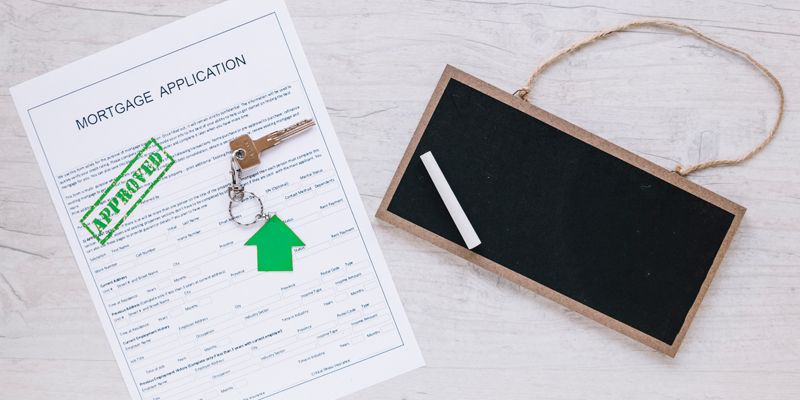Obtaining a mortgage when your credit isn’t in great shape can feel overwhelming, but it’s far from impossible. While having a low credit score can make things trickier, there are several strategies you can use to improve your chances of securing a loan. Here’s a helpful guide to assist you through the mortgage application process, even with bad credit.
Improve Your Credit Score Before Applying for a Mortgage
The first step is to get a clear picture of your financial standing by reviewing your credit report. Check for any inaccuracies or errors that could be dragging down your score and address them quickly. To enhance your credit score, focus on paying off existing debts, making all your payments on time, and lowering your credit card balances.
Can a Larger Down Payment Help You Get a Mortgage with Bad Credit?
Putting down a larger sum can significantly help compensate for a lower credit score. If you can manage to save up a substantial down payment, lenders may be more inclined to work with you, as it reduces their overall risk.
Government-Backed Loans for Bad Credit
Explore options like FHA (Federal Housing Administration) and VA (Veterans Affairs) loans, which often have more flexible credit requirements compared to traditional mortgages. These programs are designed to help individuals who may not qualify for conventional loans, so they might be worth investigating based on your personal circumstances.
Using a Co-Signer to Get a Mortgage with Bad Credit
If your credit score presents a major barrier, consider asking someone with a higher credit score to co-sign the loan. A co-signer essentially agrees to take on the responsibility of the loan, which can significantly enhance your approval odds.
Shopping Around for Lenders That Work with Bad Credit
Different lenders have varying criteria for mortgage approval, so it’s essential to compare offers from various institutions, including local credit unions and online mortgage providers. Some lenders specialize in working with individuals who have lower credit scores, so it’s important to keep your options open.
Showing Financial Stability to Lenders
Demonstrating your financial reliability can go a long way in reassuring lenders. Provide evidence such as a consistent income history, stable employment, and a well-structured budget that illustrates your ability to handle mortgage payments responsibly.
Consulting a Mortgage Professional for Bad Credit Mortgages
It can be incredibly beneficial to consult with a mortgage professional or a financial advisor who can tailor advice to your specific situation. They can guide you through the complexities of the mortgage process, help you understand your options, and suggest strategies to enhance your financial standing.
